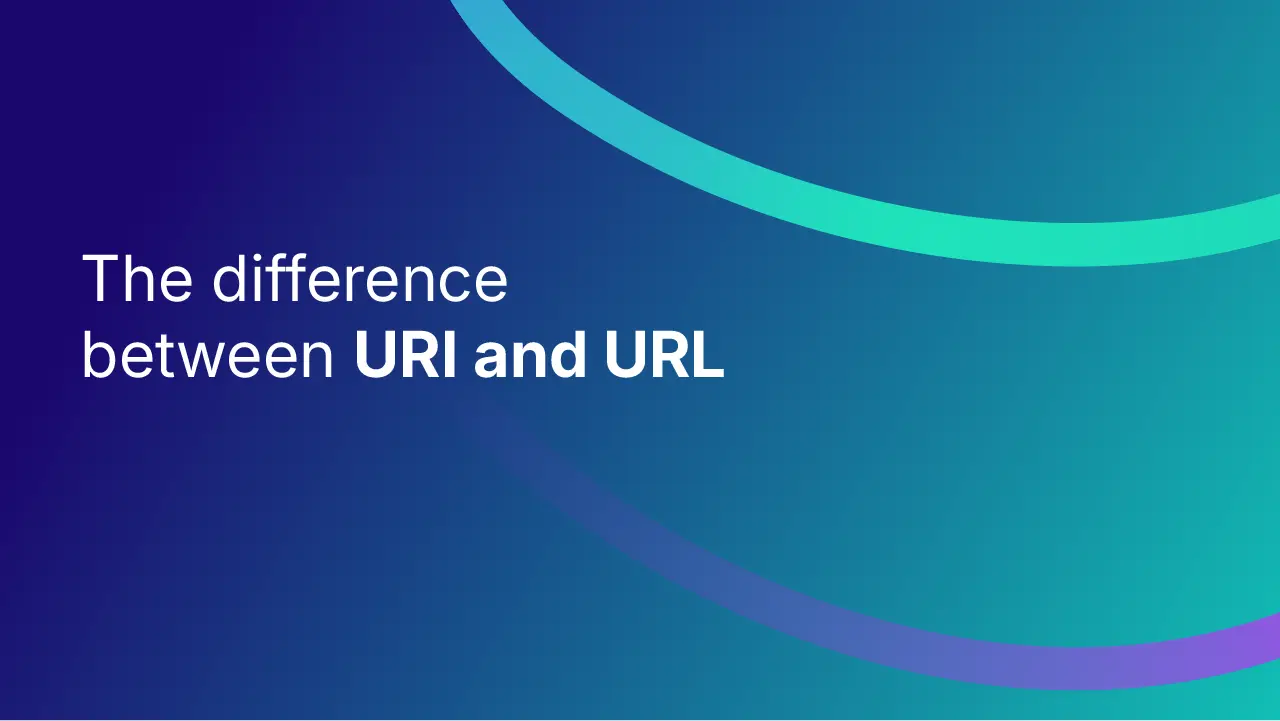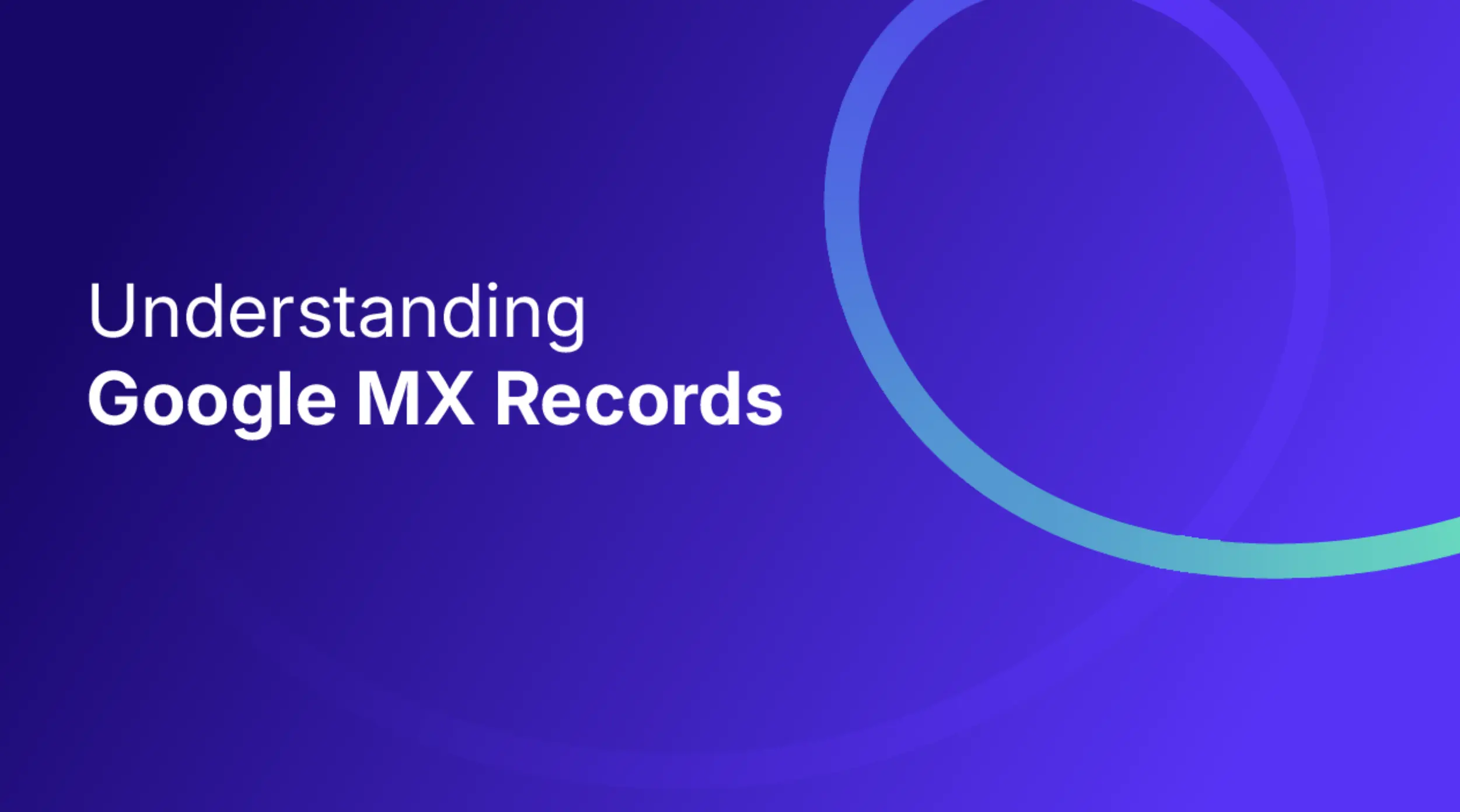Ready to take your brand online but feel like you're drowning in tech jargon? Mochahost's rescue team is on the case. If phrases like "URI vs URL" have you scratching your head, don't stress. Let's simplify things for you and help you build your website with confidence.
The basics: What is a website?
At its core, a website is a collection of related web pages accessible via the internet. It can be as simple as an online resume or as complex as a full-fledged eCommerce platform. Whatever its type – informational, eCommerce, portfolio, or blog – a website is your digital calling card.
Name that domain
Your domain name is your online identity – the catchy sign above your online shop, if you will. A strong domain name helps customers find you and remember you, while a well-crafted URL (that stands for Uniform Resource Locator, FYI) directs users straight to your digital door.
URI vs URL: What's the difference?
What's a URI?
A Uniform Resource Identifier (URI) is an umbrella term that encompasses anything that can identify a resource on the internet. We've always found it helps to think of it like a house: it can have an address you can visit (URL), or just a name on the map (URN – that's Uniform Resource Name). Essentially, a URI can be either a URL or a URN.
What's a URL?
A URL is a specific type of URI that not only identifies a resource, but also provides a means of locating it. To stick with the house theme, picture a URL as the GPS coordinates leading you back home after you've visited an unfamiliar place. While all URLs are URIs, not all URIs are URLs. So, the next time someone quizzes you about URL vs URI, just remember: every URL is a URI, but not every URI leads to your front door!
What's a URN?
Okay, now to complete our digital trio: the URN. The URN is a unique name tag for a resource – like your house being known as "the party house", even if you move. URNs are part of the same family as URIs, but unlike URLs they don't tell you how to get to the resource. URNs just give resources a permanent identifier.
The three compared
Let's break it down further with some examples.
| URI | URL | URN | |
|---|---|---|---|
| Purpose | Identifies a resource | Locates a resource | Names a resource |
| How it works | May or may not include location | Includes location and how to access it | Only provides a unique name |
| Example | Can be a URL or URN | http://www.mochahost.com/blog (this lets you know exactly where to find our blog) | urn:example:12345 (this could uniquely identify a resource on Mochahost, like a user account) |
Not just for nerds: Why URL vs URI matters
Grasping the difference between URL vs URI isn't just for tech nerds. It's fundamental for effective website management and API integrations. Knowing how to differentiate between these terms will enhance your website analytics and tracking strategies – because keeping tabs on your traffic is key to your success.
It comes in handy more often than you'd think. When creating your site, you'll use URLs to link to pages and resources, but you might also use URIs in your XML sitemaps. If you're working with the Resource Description Framework or other data models, you'll use URIs to identify resources. Content management systems also use URIs to organize content even if it can't be found through a URL.
Let Mochahost help demystify the web
Now you know the difference between URL vs URI. Hey, turns out you really do learn something new every day!
Technical jargon is always simpler than it seems. But if you find you could use an interpreter, we'd be more than happy to oblige. Drop us a line.



